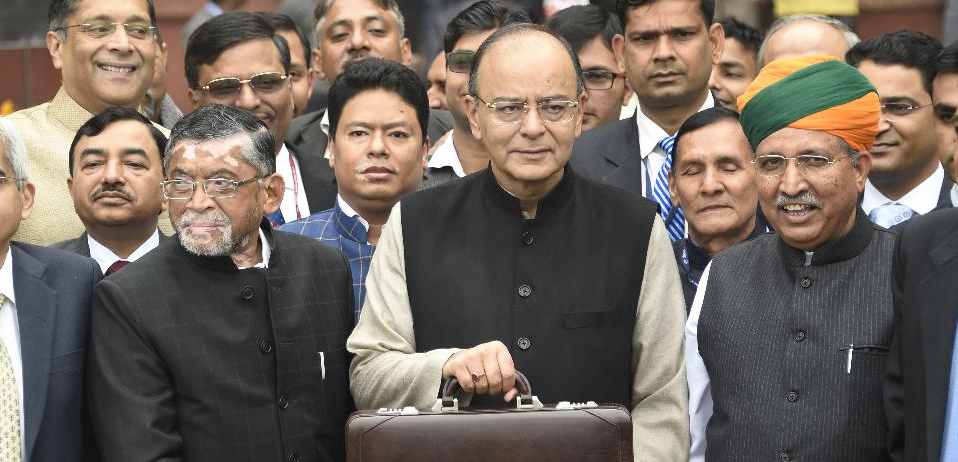

- From our Sponsors -
The Indian government announced its budget yesterday and one thing is clear -- the country is serious about promoting digital payments. Under the new proposal, post offices and fair price shops (government regulated subsidy outlets) will be used to promote cashless transactions which will allow greater reach to remote areas. The finance minister also announced schemes like rebates and cashback to promote its digital payment app BHIM.
Unsurprisingly, India’s fintech startups are joyous. Sashank Rishyasringa, co-founder and managing director at Capital Float, a fintech startup, describes the budget as transformational at its core. “The government’s push for digitizing infrastructure is heartening,” he says. “Incentivizing cashless transactions at fuel stations, hospitals and railways, and proposing a payment regulatory body to the RBI will help create a robust architecture for digital transactions.”
Varun Rathi, COO & co-founder at Happay, a Bangalore-based fintech startup, says he’s happy to see the government working like a startup. “It’s quick to introduce incentives and continual iterations to ensure mass adoption of digital payments, much needed for the large population sitting on the fence,” says Rathi.
Although direct cash handouts were few and far for the startup community in this year’s budget, a surprising announcement has come in the form of tax concessions. The finance minister said firms incorporated after 31 March 2016 will now be able to avail a three-year tax holiday in the first seven years of their existence. Since most startups take time to make profits, it’s certainly a positive move in the right direction.
Additionally, the rate of tax for micro, small and medium enterprises (MSMEs) with turnover of less than USD 7.4 million also has been reduced to 25%.
Though startups wanted the minimum alternate tax (MAT) to be completely scrapped, the government has allowed firms to carry forward MAT for 15 years as opposed to the 10 year period allowed earlier. MAT is a way of making companies pay a minimum amount of tax. Currently, a company, irrespective of its size and turnover, is required to pay MAT based on their registered book profit. However, that book profit does not take into consideration certain deductions and exemptions and may be different from the net profit of the company.
While the changes were encouraging to many, a few felt that the finance minister Arun Jaitley could have spelled out more schemes for the broader startup community. For instance Ravi Virmani, managing director and founder at CrediHealth, a medical assistance company, feels the budget has nothing for health-tech startups.“Unfortunately the finance minister has completely overlooked the health-tech startups which are changing the landscape of healthcare industry in India,” says Virmani.
This article was first published on Forbes
- From our Sponsors -
India budget payments business entrepreneur startup BEAM Malaysia BEAM Singapore BEAM